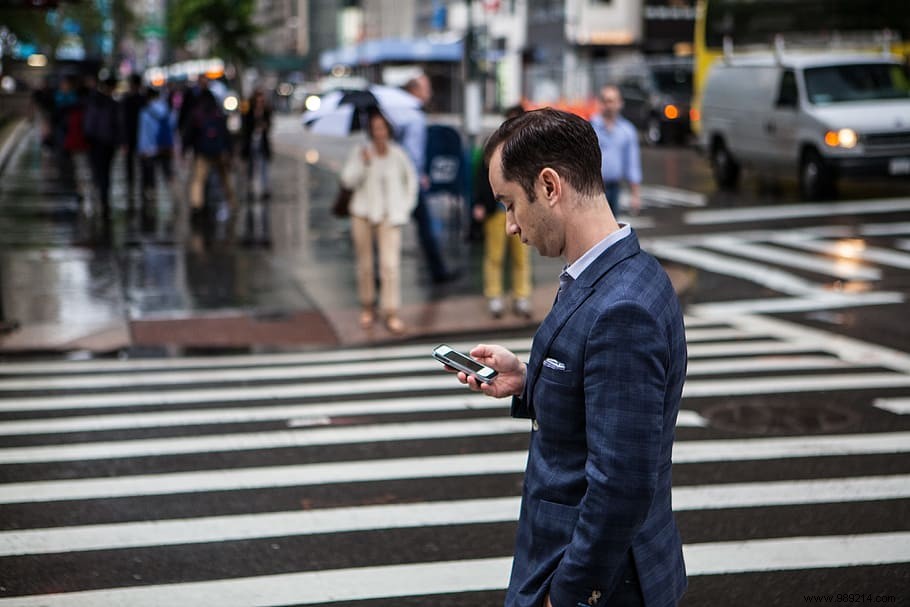An international team recently reported working on an algorithm that could help during this Covid-19 pandemic. It uses a wealth of data, particularly from social networks, to predict the evolution of the pandemic. According to the researchers, it is a question of supporting political actors in their decision-making.
Although the current Covid-19 pandemic has some precedents, it seems to have taken everyone by surprise. In France, as in other countries, political decision-makers communicated and acted quite late and often inappropriately. Management is therefore quite wobbly, so much so that the threat of a second wave hovers above our heads. Inevitably, state authorities will have to make new decisions.
In a publication on the arXiv platform on July 3, 2020, an international team explains that it is working on a forecasting algorithm. The objective is to anticipate the evolution of the pandemic with a advance of about two weeks . However, this period of time would be sufficient to take appropriate measures. Deconfinement? Recontainment? Opening/closing of schools? To restore economy ? The algorithm in question could in theory enlighten decision-makers.
Principal researcher, Mauricio Santillana, from Harvard University (USA), gave more details. The algorithm in question would assess the danger 14 days before a sharp increase in cases. The latter uses both Twitter real-time monitoring as well as searches typed on Google by Internet users. In addition, the system also integrates mobility data from smartphones.
For project leaders, it's about observing changes in behavior citizens. According to them, the study showed that “early signals of increasing Covid-19 prevalence could be revealed by “next generation alternative data sources” . Here is the example given by the researchers:a week before the explosion of the number of Covid-19 cases in New York, the number of messages published on Twitter had increased sharply.

The study is however to be taken with a grain of salt . Indeed, arXiv is a pre-publication platform. In other words, the studies published there have not yet been subject to peer review. Moreover, the authors of the study themselves recognize the limitations of their algorithm , despite the interest that the latter could arouse. According to them, no technology can predict sudden changes in the behavior of the masses. Proof of this is the demonstrations that followed the murder of George Floyd and the creation of the Black Lives Matter movement.
Also, social networks and search engines could be less and less revealing in times of pandemic. Indeed, citizens are getting used to the presence of the virus and doing fewer keyword searches. According to the researchers, there is no question of applying their algorithm yet because the risks are too great. Before a possible application, it will be necessary to see these models verified and validated over time.